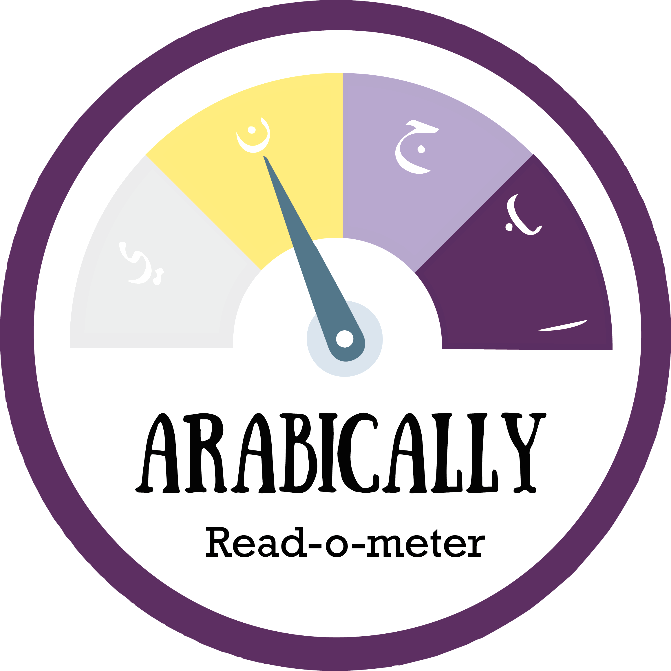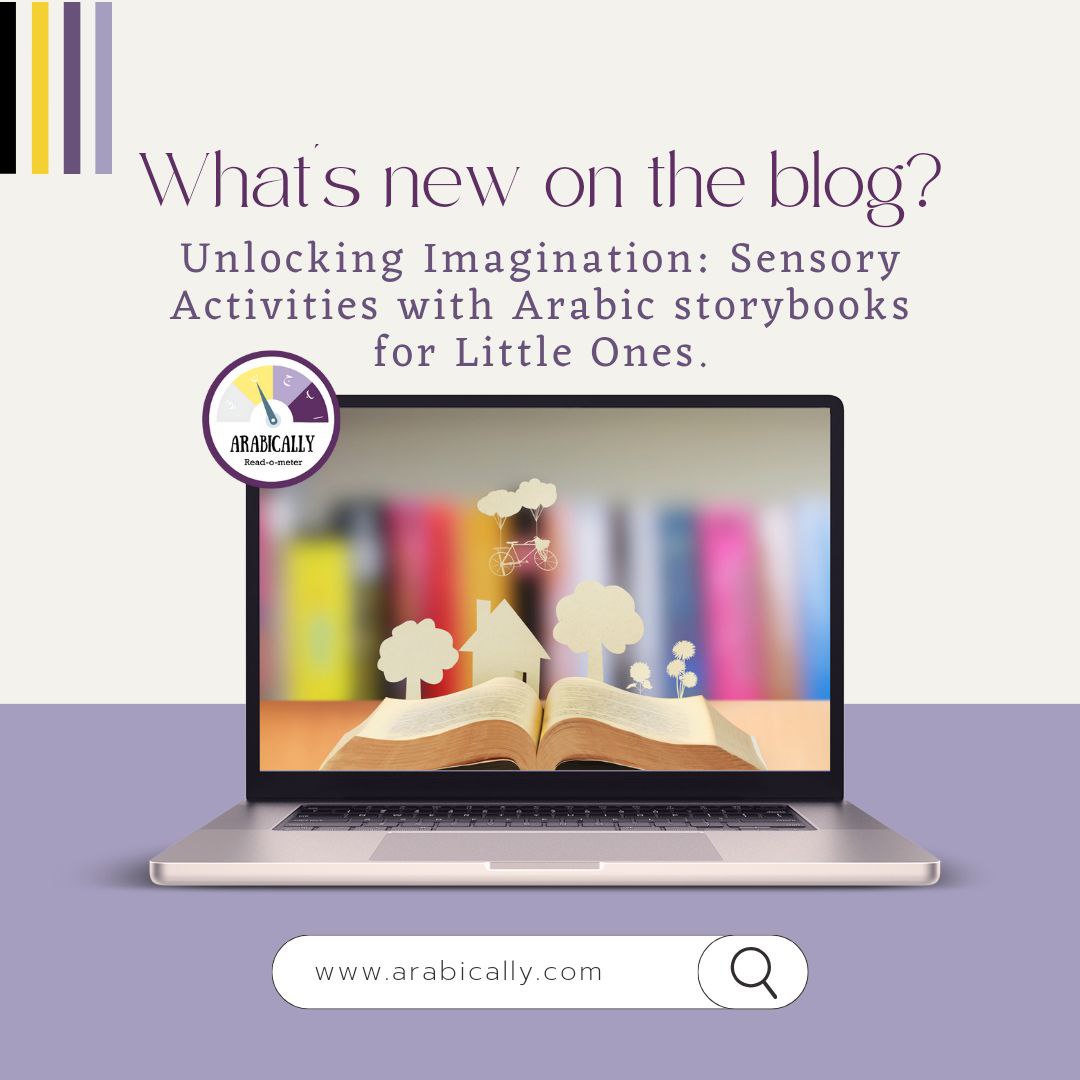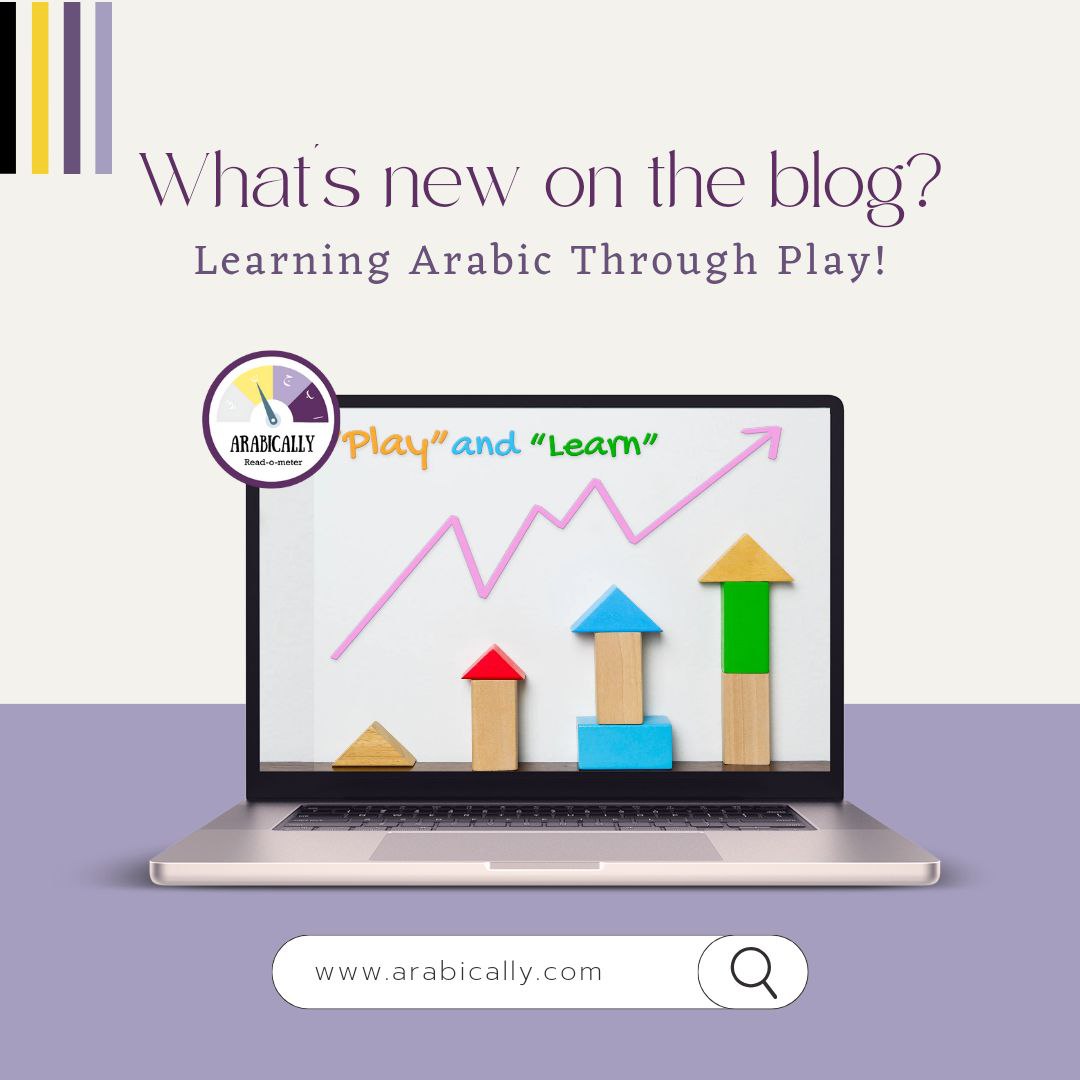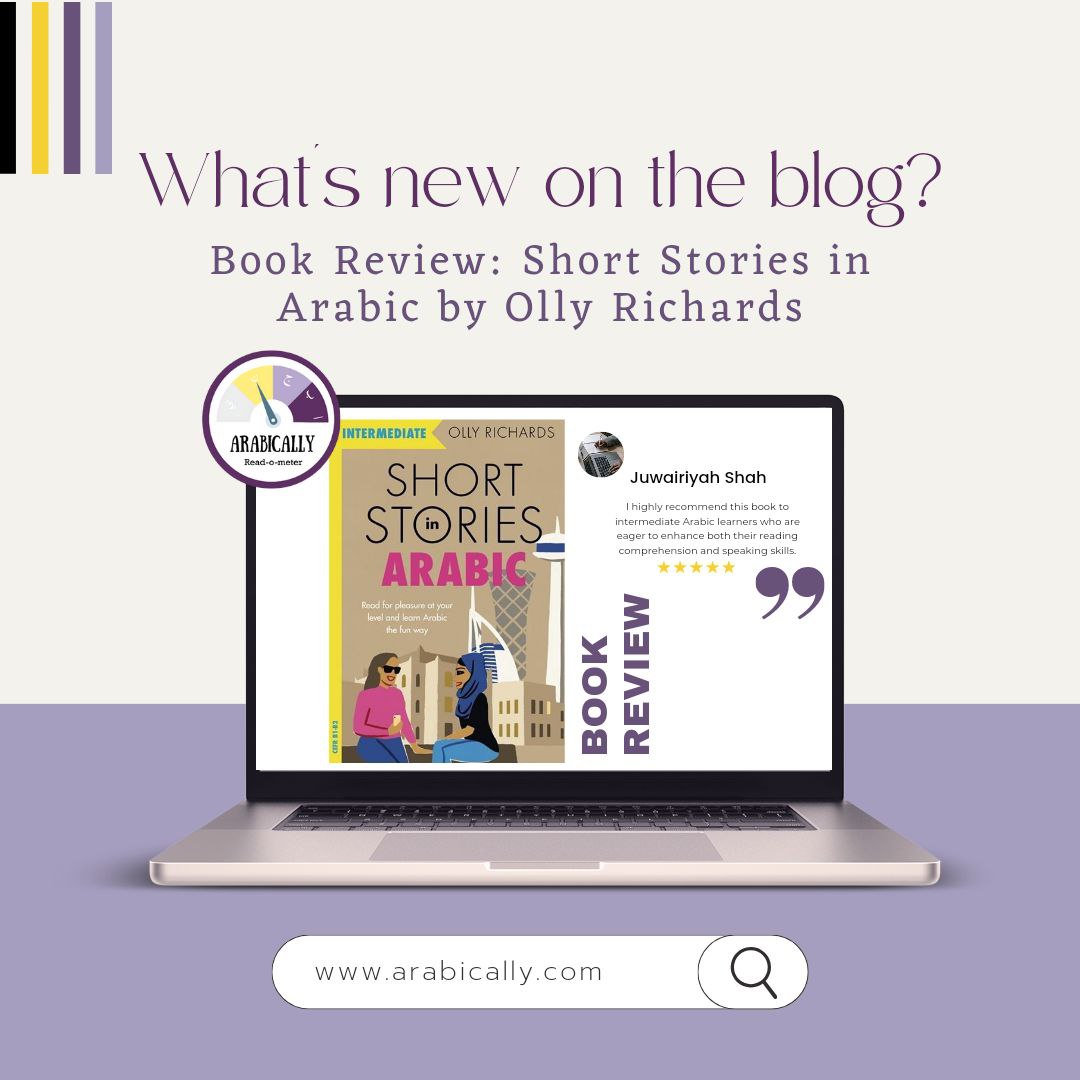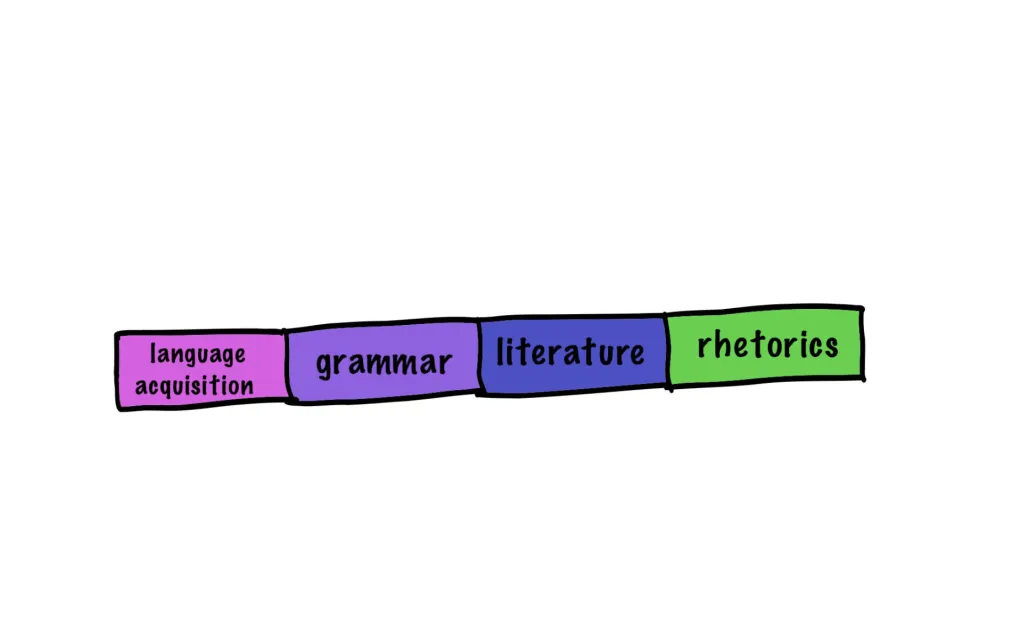
Guest Post: Learning Classical Arabic as a Non-Native
- By Naveera Ashraf
I have previously written about learning Arabic. But as with any learning process, I often need to come back and add more reflections.
In recent years, the most sound advice I have heard on learning classical Arabic is by Ustadh Mustafa elQabbani.
He says:
Just to remember, disciplines like grammar (Nahw) and Balaghah were reverse-engineered from their sources.
Their sources are the Quran and other literature such as the Muallaqaat and other major poems.
There are two approaches to (studying) Balaghah and Nahw and ideally, you should take both.
There’s the organic or Arab approach and there is the artificial (approach). And I don’t mean that (artificial) in a negative way, even though it has a negative connotation. Artificial is actually, if you trace it back, it’s related to art. It is the artificial or formalized or aa’jami – Persian way.
So, the Arab way is the way of immersion, which is to become immersed in the Arabic language, so you don’t actually need grammatical rules, or you just need very few grammatical rules. And you don’t need to know the deep philosophy behind them. You just need some rules that remind you of what they are because you’ve been immersed in the language, that’s regarding Nahw.
And regarding Balaghah, تذوُّق through reading lots and lots and lots of literature. Reading Quran and other literature such as the Muallaqaat.
That’s the Arab approach, the Arab approach gives you a good sense, but it’s never going to be enough. It’s rarely going to be enough for non-natives.
So, the aa’jami approach or the Persian approach gives you all the techniques and the formalities and the beautiful artifice by which you can (understand the language). That is the result of reverse engineering Arabic.
But it is basically just a body without a soul, and so one really needs to ensoul that knowledge with live actual language and literature, and so ideally one should try to do both.
(One should learn) by doing language acquisition, then grammar and then literature and then Balaghah. If you study Balaghah and you don’t spend time studying literature, it’s worthless. It is absolutely worthless! But if you study literature and don’t study Balaghah, it’s not worthless.
Ideally, you need to do both.”
-Ustadh Mustafa ElQabbani on learning Balaghah
Here is a visual representation of his advice:

As Ustadh elQaddani tells us, there are four steps to learning classical Arabic: Language acquisition, grammar, acquiring a taste and intuition for Arabic literature, and then finally the formal study of rhetoric.
Rather than learning these sciences in a linear fashion, I mixed and matched them so at any given time I am learning more than one thing. This is partially due to my own learning style but approaching a concept from various angles can actually increase our understanding for it.
Based on my personal learning journey and Ustadh’s advise in mind, this is what I would recommend to anyone who wants to learn classical Arabic as a non-native:
Disclaimer: Throughout this post, I am linking and mentioning my site Pathway to Arabic. This site is completely free to use and I don’t have any monetary gain in it whatsoever. I have put it together, and reference to it, only as a study aid for your ease.
1. Start acquiring the language and study the basics of grammar through applied grammar

- Follow a program that teaches the language through applied grammar. My personal favorite is Madinah Arabic books and other books written by Dr. Abdur Raheem. On the Pathway to Arabic site, this corresponds to beginner and intermediate levels.
- Read books. Lots and lots of books. Start with children’s books, and then work your way up. Read books on all topics, not just religious texts.
- Read articles and newspapers.
- Consume social media content in Arabic. Tweets and IG posts are my favorite way of consuming short pieces of Arabic content on different topics.
- Listen to the audio. lectures, news, audiobooks, everything you can get your hands on.
- Write in Arabic. Start with short sentences and work your way up.
- Talk in Arabic. Find a language buddy, join a speaking club, talk to your kids/family, or talk to yourself. Use those words and expressions you have learned.
2. Study more advanced grammar and start reading literature

- Study more advanced grammar concepts. My favorite way to study more grammar is to study it through living texts, like Quran, hadeeth, and historical texts. On Pathway to Arabic site, it corresponds to the advanced-intermediate and advanced levels.
- Read more books. Guided reading classes or videos are one of the best learning aid if you find reading Arabic books difficult. You can find some guided reading videos on Pathway to Arabic site.
- Start reading literary works, especially poetry.
- Join a class or two on Arabic poetry and/or literature. You will find some resources on the Pathway to Arabic site.
- Study classical texts on grammar like Qatr-an-Nada and al-Alfiyaah.
3. Read more literature and study rhetoric

- Study Jahili (pre-islamic) poetry, especially al-muallaqaat.
- Read more literary books.
- Study rhetoric and its different branches. (I am in the process of adding some balghah-related resources to Pathway to Arabic, InShaAllah!)
4. Read, read, and then read some more
Learning is a lifelong journey. Use your knowledge of classical Arabic to learn more Quran and Islamic texts.
This guest post has been republished with the permission of the author.
Naveera Ashraf is a student of the Quran and Arabic, an unschooling mother, and a self-taught software engineer. She is an autodidact and loves to learn. When not bullying her brain into learning something new, she likes to bake sourdough bread and grow vegetables. You can follow more of her work by following her on her Instagram handle: niqabi.coder.mum
You can also make use of the amazing Arabic resources she has gathered for beginner to advanced-level learners here: https://www.naveeraashraf.com/
If you liked this post, please leave a comment below on where you are in your Arabic learning journey. Arabically is also starting its Signature Early Arabic Reading Program exclusively for moms/ladies this August. We have 3 spots left before we close registrations. All details of the upcoming course to step into Arabic Reading can be found here.
Additionally, you can view a sample demo of the books we will be using.
